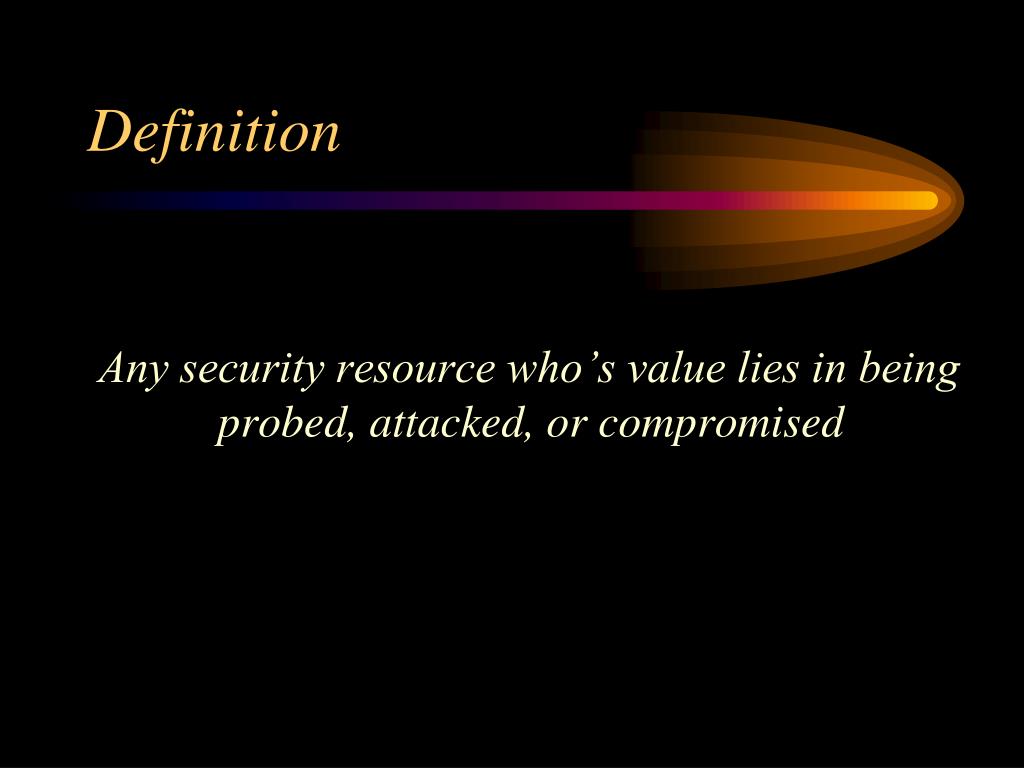

These psychological burdens of detachment and loneliness are acute while the agents are deployed and living their covers among their targets, where the seemingly trusting social relationships they have built with targets are mostly false, based on lies and manipulation. Agents can come to feel subtly detached or separated from other people, feelings that may persist even when they resume their normal lives once their espionage is over. It is not easy for a person with a solid social conscience to sustain a lifestyle that involves covertly influencing or controlling others through lies. Intelligence agents lead double lives, requiring them to regularly deceive other people, and not just their targets. Furthermore, while physical hazards and hardships disappear once the active espionage is over, the psychological toll can linger. These pressures in the psyche are as taxing as physical hardships. Just as they face outward physical dangers, agents face many inner psychological adversities. Despite these working conditions and ever-mounting dangers the agent continued his espionage unabated, such was his dedication to countering the extremists taking over his religion and his homeland and murdering people at will, such as his son.īy Timothy J. They worked in an operational context in which all meetings between intelligence officers and sources were high-threat and therefore necessarily infrequent and swift. Another case officer in the war zones called me late one night at headquarters to ask if there was any way he could demonstrate human sympathy or emotional empathy and concern to his agent, without “unmanning” him, in the scant 15 minutes of furtive conversation they could manage for their clandestine meetings. As we discussed the nature of his lost agent, my colleague remarked that the world had lost that day an unrecognized prince, a noble and civilized man whose war flag-if the work of spies permitted such emblems of service-should have been flown high at his funeral and included symbols of both an eagle and a dove. Heroic agents are the small group of sane people who make the same assessments, but make a different choice.Ī case-officer colleague of mine, formerly a member of an elite military combat unit, was handling a source who was captured and then killed in the village square in front of friends and relatives by terrorists using the drawn-out methods worthy of medieval torturers. Most sane prospective spies realistically assessing the ruthlessness and counterintelligence capabilities of targets like al Qaeda choose to stand down from entering espionage. It is nearly impossible for intelligence professionals to keep agents safe when they are spying against groups such as the current terrorist targets-as was also the case with Soviet Russia or Saddam Hussein’s Iraq. They are morally revolted by their targets’ conduct and dismayed at the future they’re intent on building or have already actualized. Their motives are not self-serving-the risks of espionage in the contexts they serve in are too high to draw in selfish people. Heroic spies are an entirely different type of human being, set apart from ordinary clandestine players not by the tradecraft they use-which is universal-but by their fundamental values. They like sneaking around and manipulating others, and feel superior to their oblivious targets drawn into hidden games of secrecy and deception. Some want money, or the excitement of a James Bond adventure, or to believe they are playing dramatic, if hidden, roles in historical events. These motivations are often self-serving. Intelligence officers who handle espionage sources-variously called informants, assets, or agents, to distinguish them from the professionals-and the psychologists they consult with study the motives of agents closely. What do people outside the clandestine world not see?

For those of us in the business, it was rare to see an agent’s heroism come to light, though we get to witness their bravery covertly on a routine basis in our daily work. It has been widely reported in the media that the plot failed because the operative chosen by AQ was in fact a agent of British or Saudi Intelligence Services. Intelligence officials foiled an al Qaeda plot to bring down a plane by having a suicide operative smuggle on board a nonmetallic exploding device concealed beneath his clothing. In early May, the world learned of a real example of heroic espionage. What goes on in the mind of those who inhabit the clandestine world? Every few years, major news breaks about spying, with stories of spectacular heroism and shocking betrayal.


 0 kommentar(er)
0 kommentar(er)
